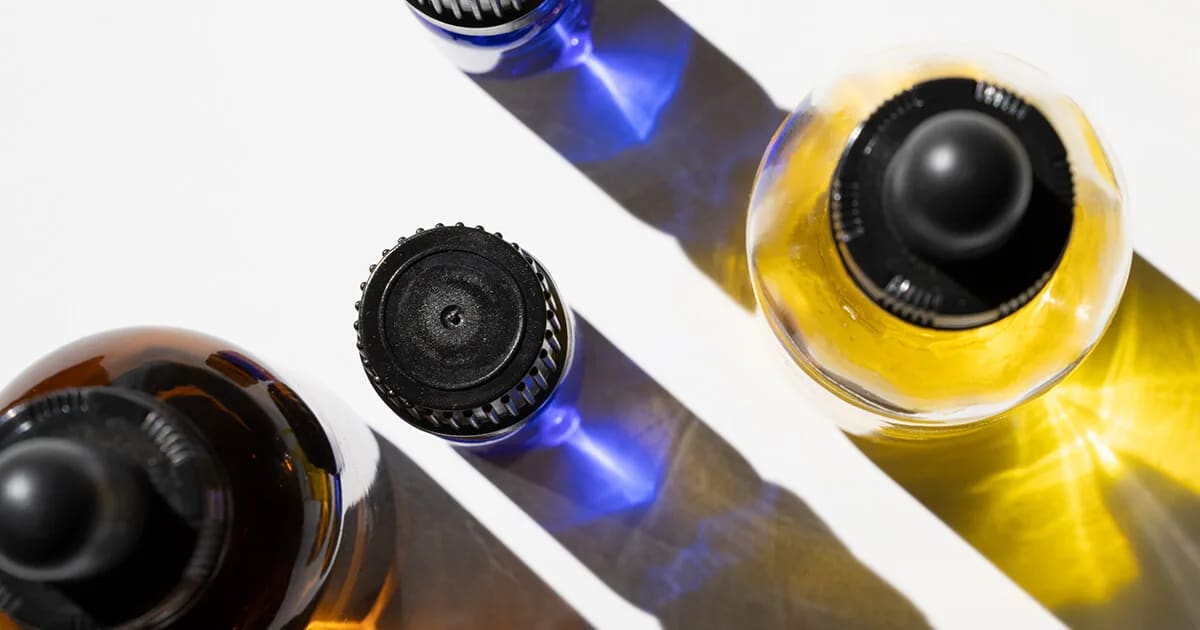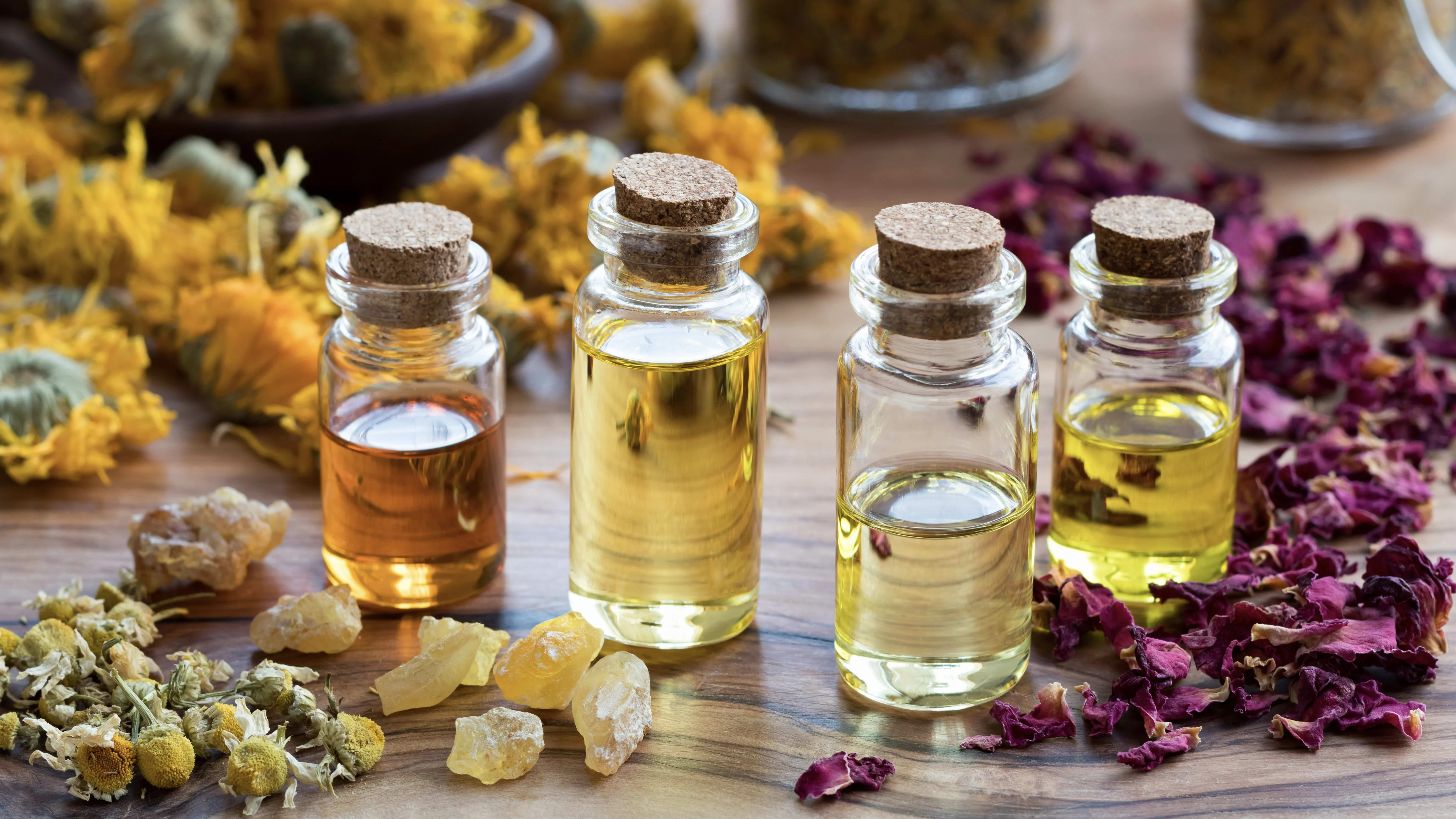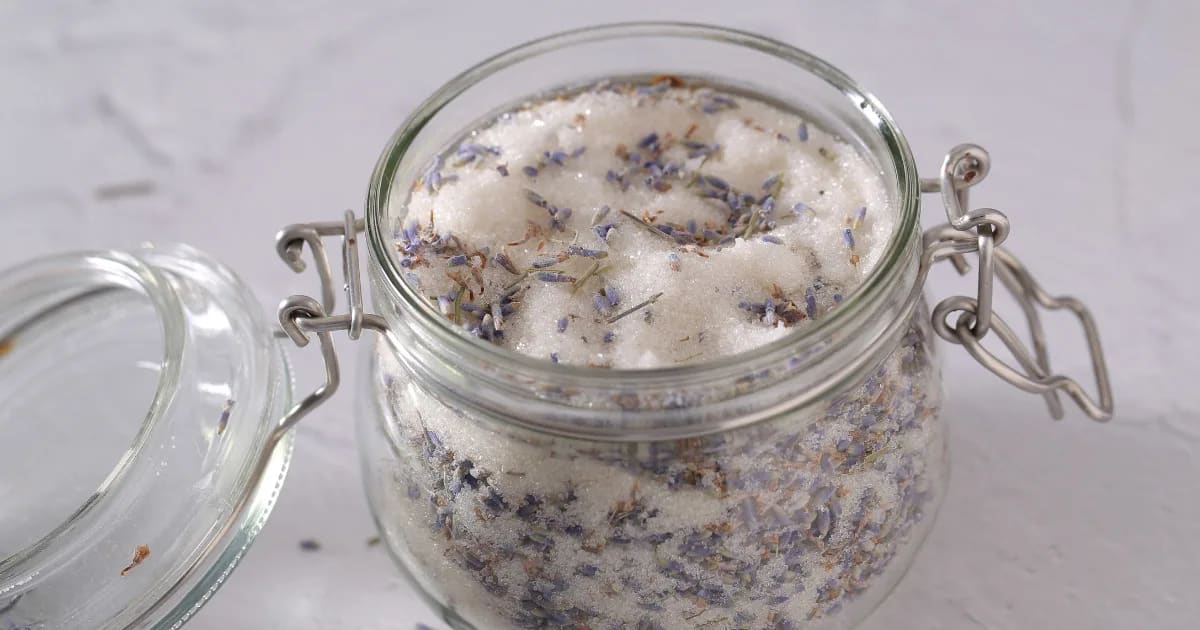How to Know if an Essential Oil is “Expired” (Oxidized)

Do essential oils expire?
Essential oils are organic substances. While essential oils don’t “expire” in the sense of growing mold or bacteria, they do oxidize. That means their molecules lose electrons. This occurs because of chemical reactions that take place in response to light, heat, and oxygen.
As an oil’s molecules lose electrons, the chemical makeup of the oil itself changes. As its chemistry changes, its therapeutic benefits fade. (Learn more about what causes oxidation and how to slow it down!)
Oxidized oils don’t have the same benefits as fresh, pure oils—and can actually cause negative reactions.
So how do you know if your oils are oxidized or if they’re still pure, effective, and safe to use?
Check the oil’s shelf life
The first oxidation test is shelf life.
Look at when the oil was produced.
Hopefully, you can find a batch number on your bottle of oil. It might look something like “ORG-121.”
Your supplier should have the production season for that specific batch of essential oil. The oil’s shelf life begins when the batch of oil is produced.
If your Sweet Orange oil’s shelf life is listed at two years, and you’ve had your bottle for three—it’s probably no longer fresh, and its therapeutic effects might not be as strong. You might notice the Orange aroma isn’t as bright and crisp as a fresh bottle, too.
Look at the storage conditions
Another indicator is how the oil has been stored.
Has it spent a lot of time in a warm or hot place, like on a windowsill or in a hot car? If so, its shelf life is probably decreased.
Leaving an essential oil exposed to air can cause oxidation. Or maybe the bottle has been mostly empty for around a year—meaning most of the bottle contains air, which the remaining essential oil has been exposed to.
All this can shorten your oil’s shelf life.
Your bottle of Sweet Orange which was projected to last two years, may last only one and a half, or less.
Not sure when your oil was produced?
Then you might not know its shelf life.
In this case, you’ll have to rely on your experience with the oil itself to know whether it’s safe and effective (unless you can pay for a GC/MS lab test for the oil—not something that’s practical for most folks!)
Take a few deep sniffs of the oil. In some cases, an oxidized oil’s aroma might smell flat—less rich and vibrant than a fresh bottle. This isn’t a foolproof test, but it can be an indicator (especially if you get the chance to compare an older bottle of oil to a new bottle).
Some people say that oils that were once clear can start to look cloudy when they’re no longer fresh. But again, this isn’t an absolutely reliable indicator. And some oils naturally look cloudy anyway!
One indicator that’s more reliable is whether the oil starts causing negative reactions.
Does it irritate your nose and eyes when you take a deep sniff of it? Does it make your skin feel itchy and irritated, or does it cause a rash?
In some cases, negative reactions like this are a sign that an essential oil isn’t right for you or that you’ve developed a sensitization to it. Other times, it means that a specific bottle of oil is oxidized—no longer safe and effective.
Fresh essential oils are best!
To sum up, the most reliable indicators of an oil’s freshness are its shelf life, how it was stored, and whether it causes negative reactions.
You can keep track of each oil’s shelf life and keep your essential oil collection fresh, safe, and effective!
Gain the knowledge and skills you need to make therapeutically effective essential oil blends! The Aromatherapy Certification Program provides you with the highest-quality aromatherapy education available so you can feel 100% confident in your ability to use your essential oils safely and effectively. You’ll gain the expertise needed to create blends for others – and even transform your career!





